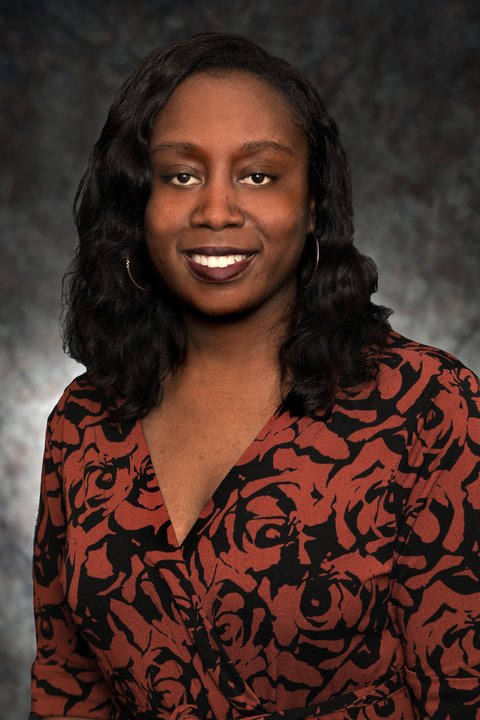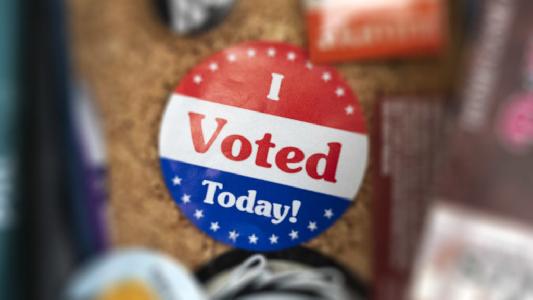Thanks to the backing of two federal grants totaling $820,000, the Philadelphia Police Department has tested various ways to tackle violent crime and trained 30 cops as a data scientists.
The department just got another one-year, $320,000 grant from the Bureau of Justice Assistance. This time, the department will focus on “hypothesis testing,” a new practice that has its roots at the University College of London, said Police Department Deputy Commissioner Nola Joyce.
In hypothesis testing, cops identify a specific crime that keeps happening in a particular area during a particular time, work with community members to come up with answers, or hypotheses, as to why this crime keeps getting committed and then tests those hypotheses. While some of the department’s officers trained as crime analysts have already been doing some of this work, this project will focus on testing the effectiveness of this technique on a few districts.
This scientific approach will prevent a situation where “whoever makes the strongest argument or who has the loudest voice or perhaps the highest rank is the opinion that wins the day,” Joyce said.
Previously, a police district might build a whole strategy around what is essentially a guess as to why a certain crime is happening.
“If it’s not true, we’re wasting a whole lot of resources,” she said.
The Police Department will again work with Temple University and criminal justice professor Jerry Ratcliffe, who partnered with the department on the past two federally-funded data science projects. Ratcliffe and his staff will train the department’s crime analysts in hypothesis testing.
Joyce, a champion of data-driven policing who attributed a drop in violent crime to the program, said that this latest project is another way to get data science into the DNA of the Philadelphia Police Department. She wants it to become an “everyday practice.”
“The more we can get that as a habit, the better off the city will be,” she said.
The police department recently hired a new person — former PPD civilian crime analyst Lisa Howdyshell — to work on the data science program, which coincided with the departure of former program head Tony D’Abruzzo. The SEPTA Police Department also launched its own data-driven program this past summer.
Before you go...
Please consider supporting Technical.ly to keep our independent journalism strong. Unlike most business-focused media outlets, we don’t have a paywall. Instead, we count on your personal and organizational support.
3 ways to support our work:- Contribute to the Journalism Fund. Charitable giving ensures our information remains free and accessible for residents to discover workforce programs and entrepreneurship pathways. This includes philanthropic grants and individual tax-deductible donations from readers like you.
- Use our Preferred Partners. Our directory of vetted providers offers high-quality recommendations for services our readers need, and each referral supports our journalism.
- Use our services. If you need entrepreneurs and tech leaders to buy your services, are seeking technologists to hire or want more professionals to know about your ecosystem, Technical.ly has the biggest and most engaged audience in the mid-Atlantic. We help companies tell their stories and answer big questions to meet and serve our community.
Join our growing Slack community
Join 5,000 tech professionals and entrepreneurs in our community Slack today!






